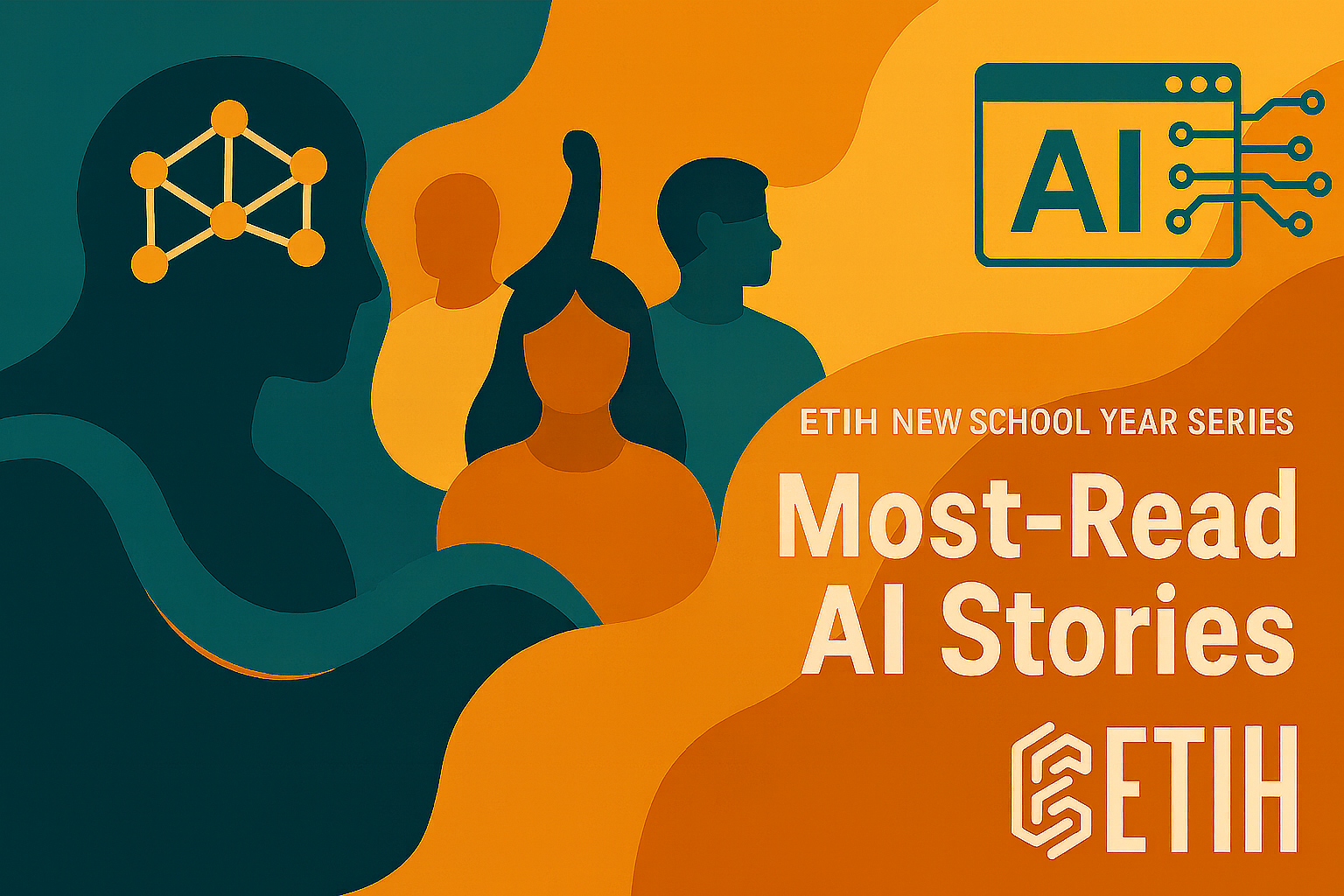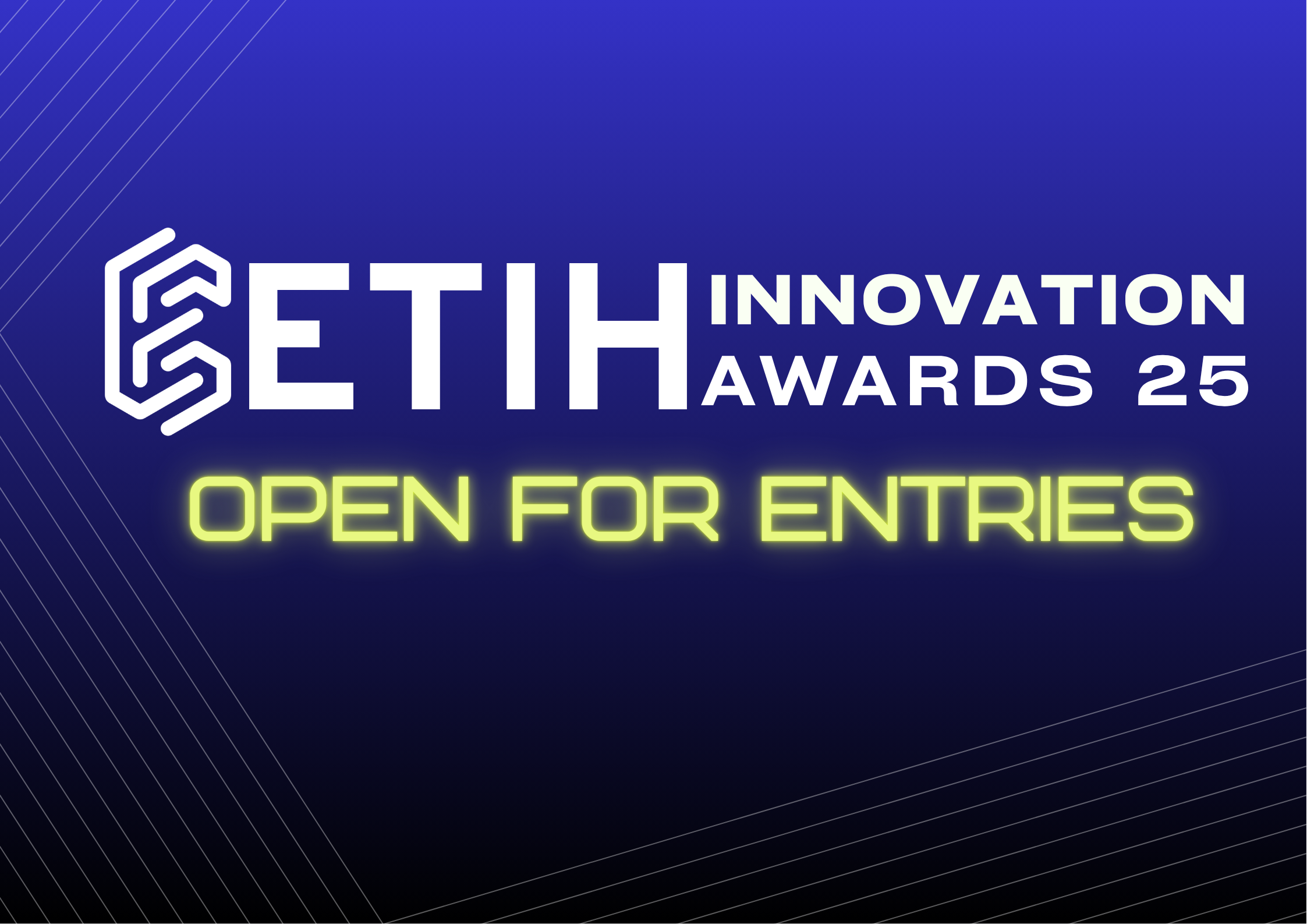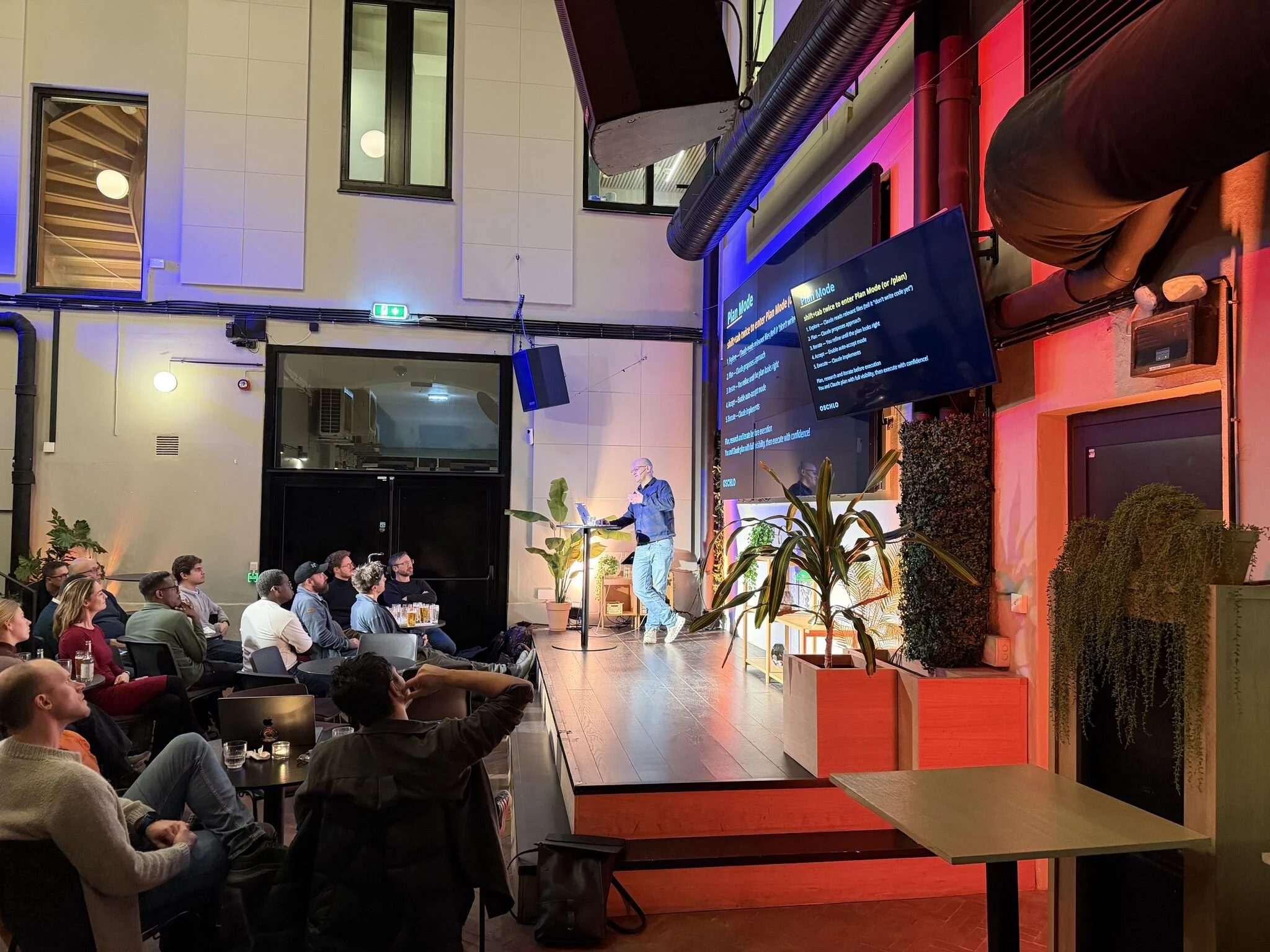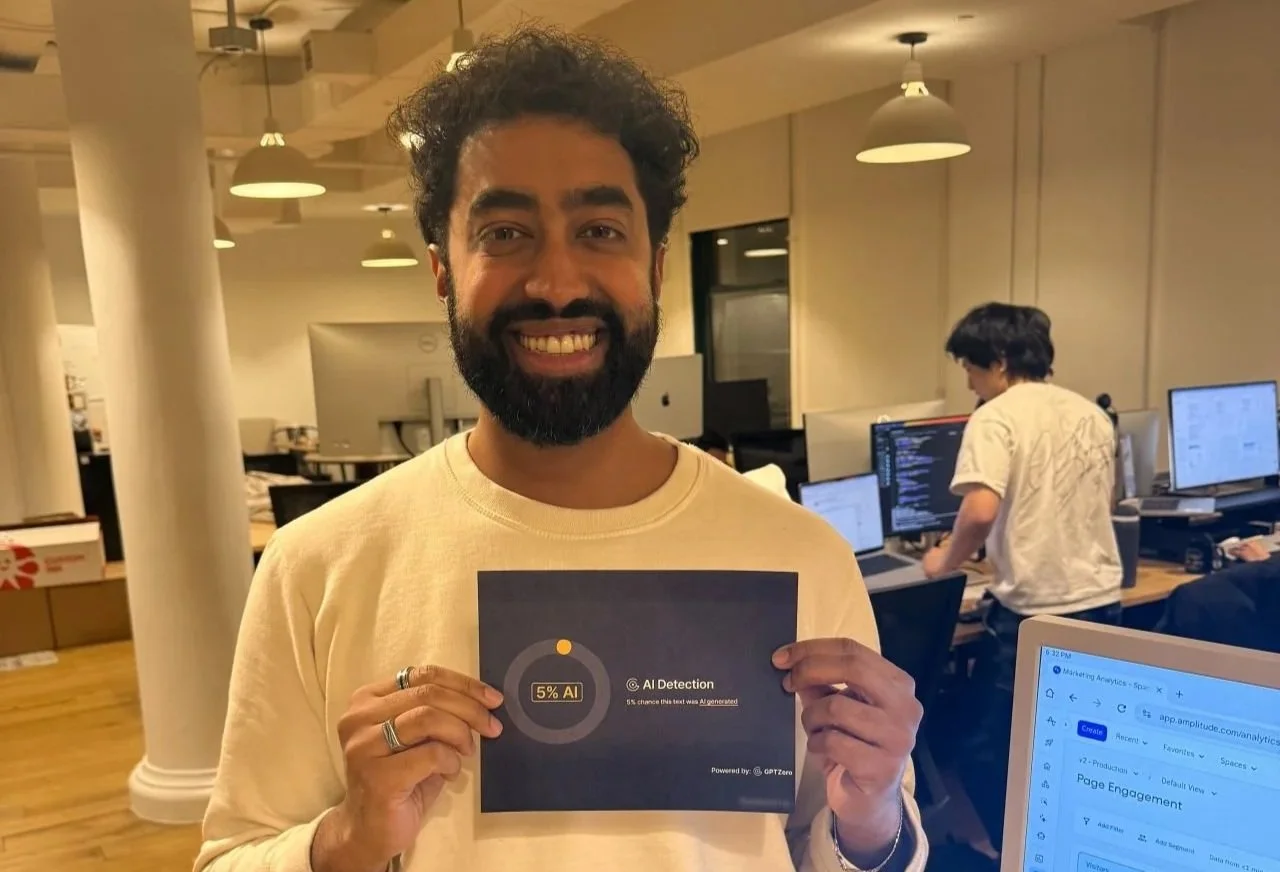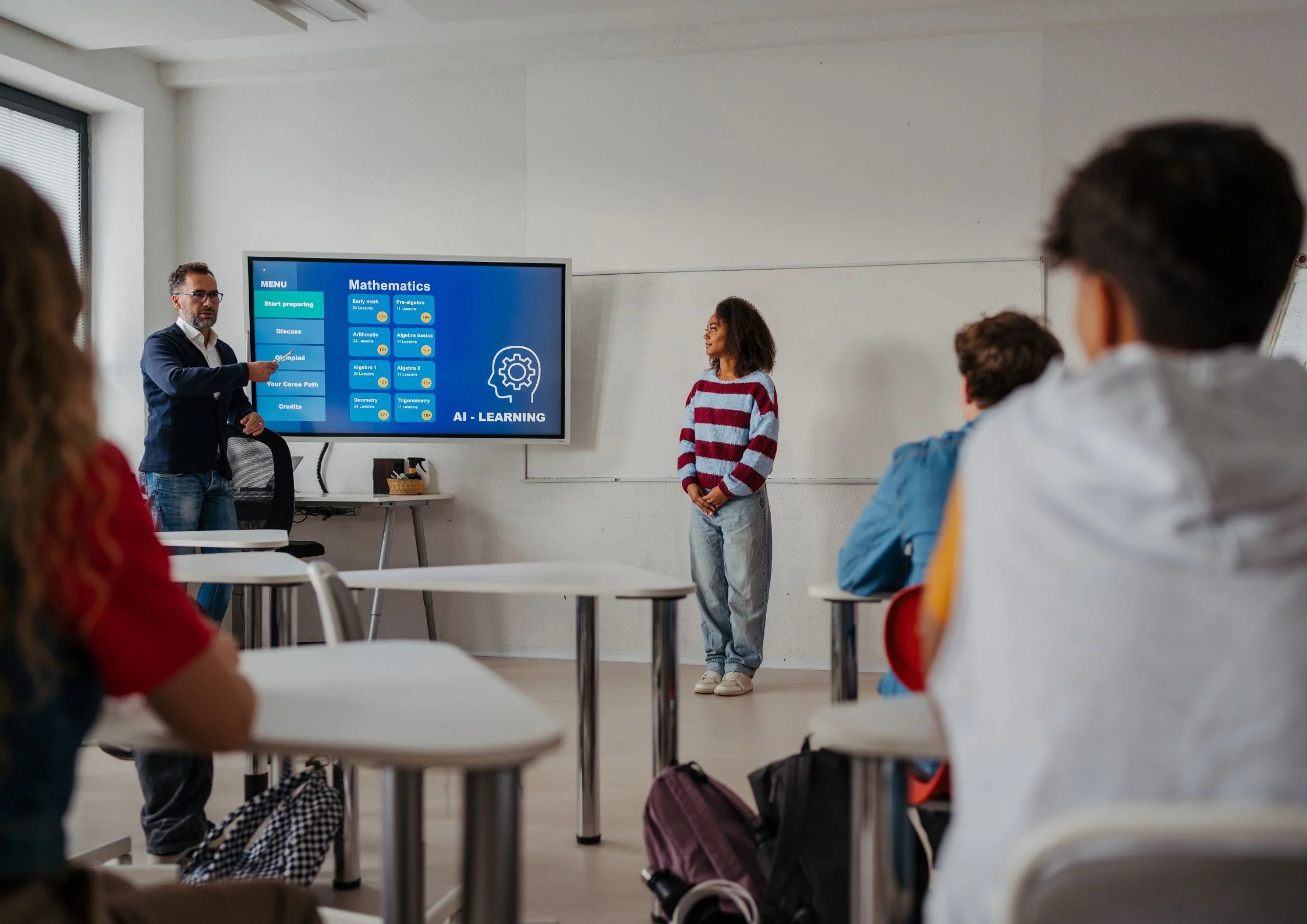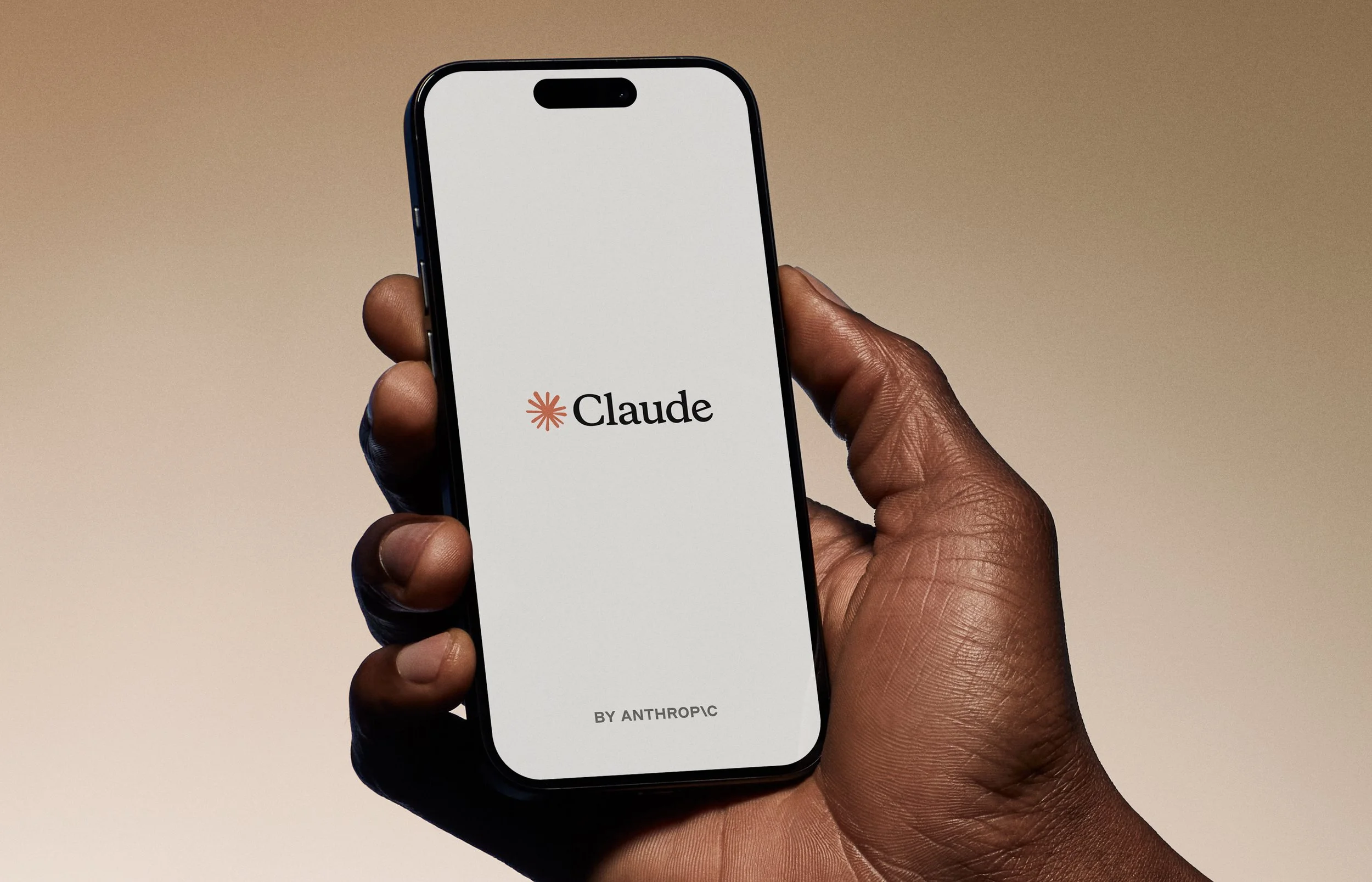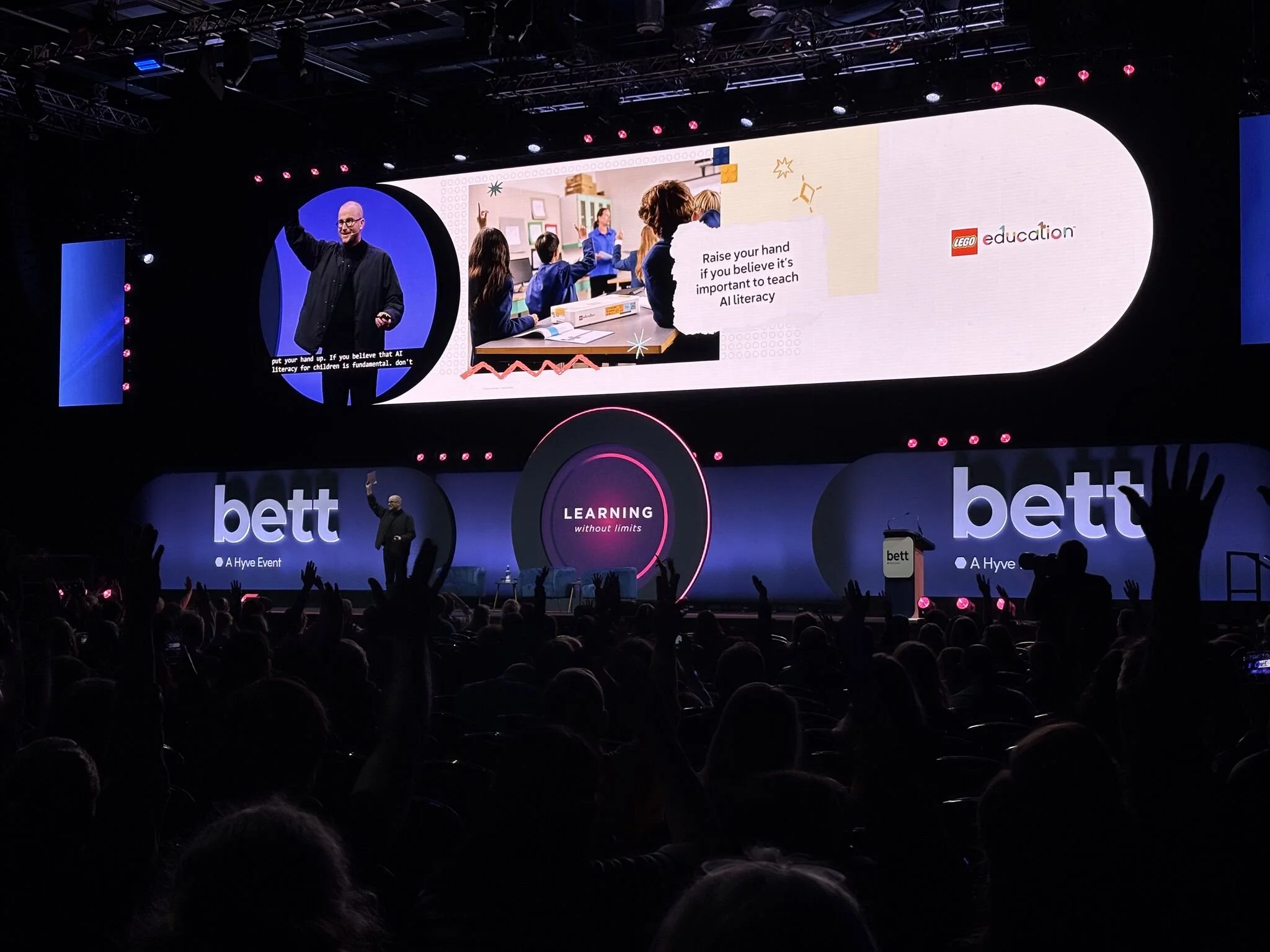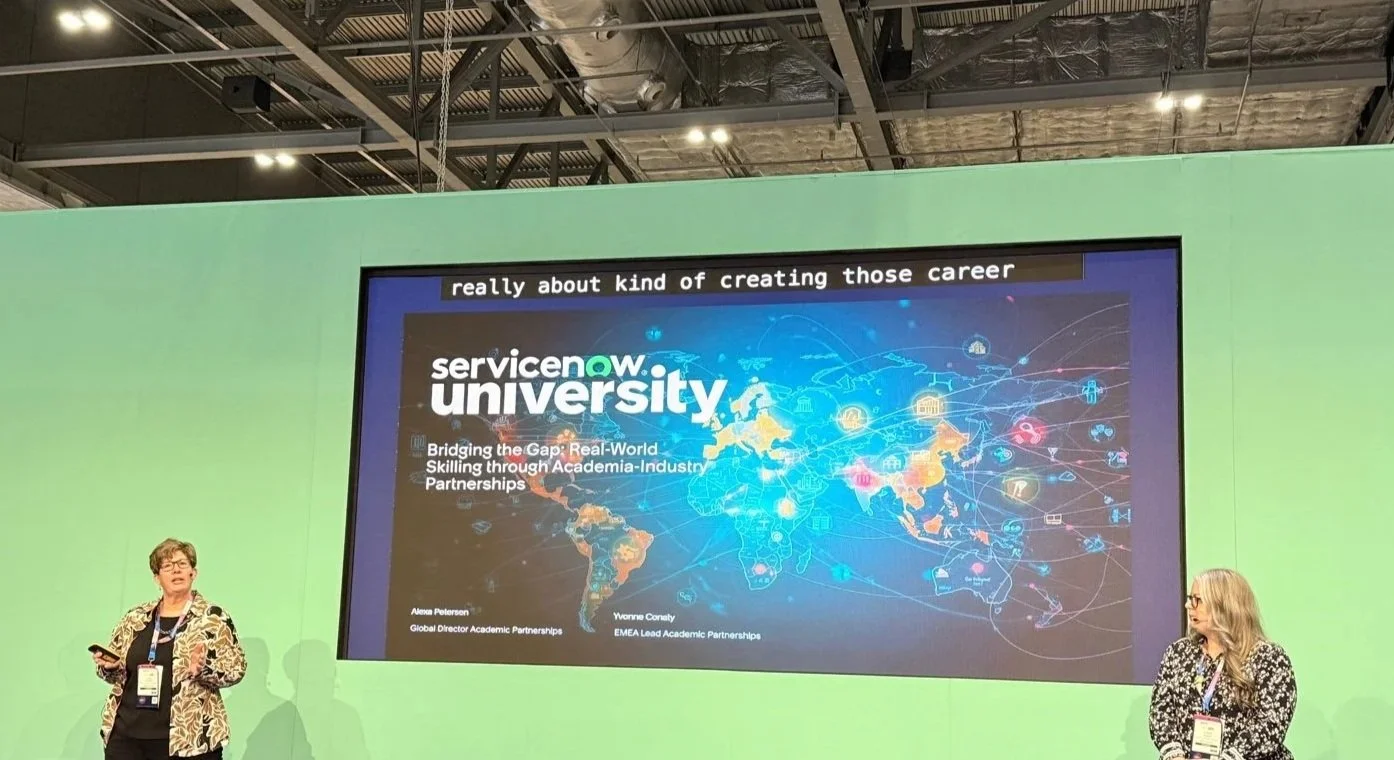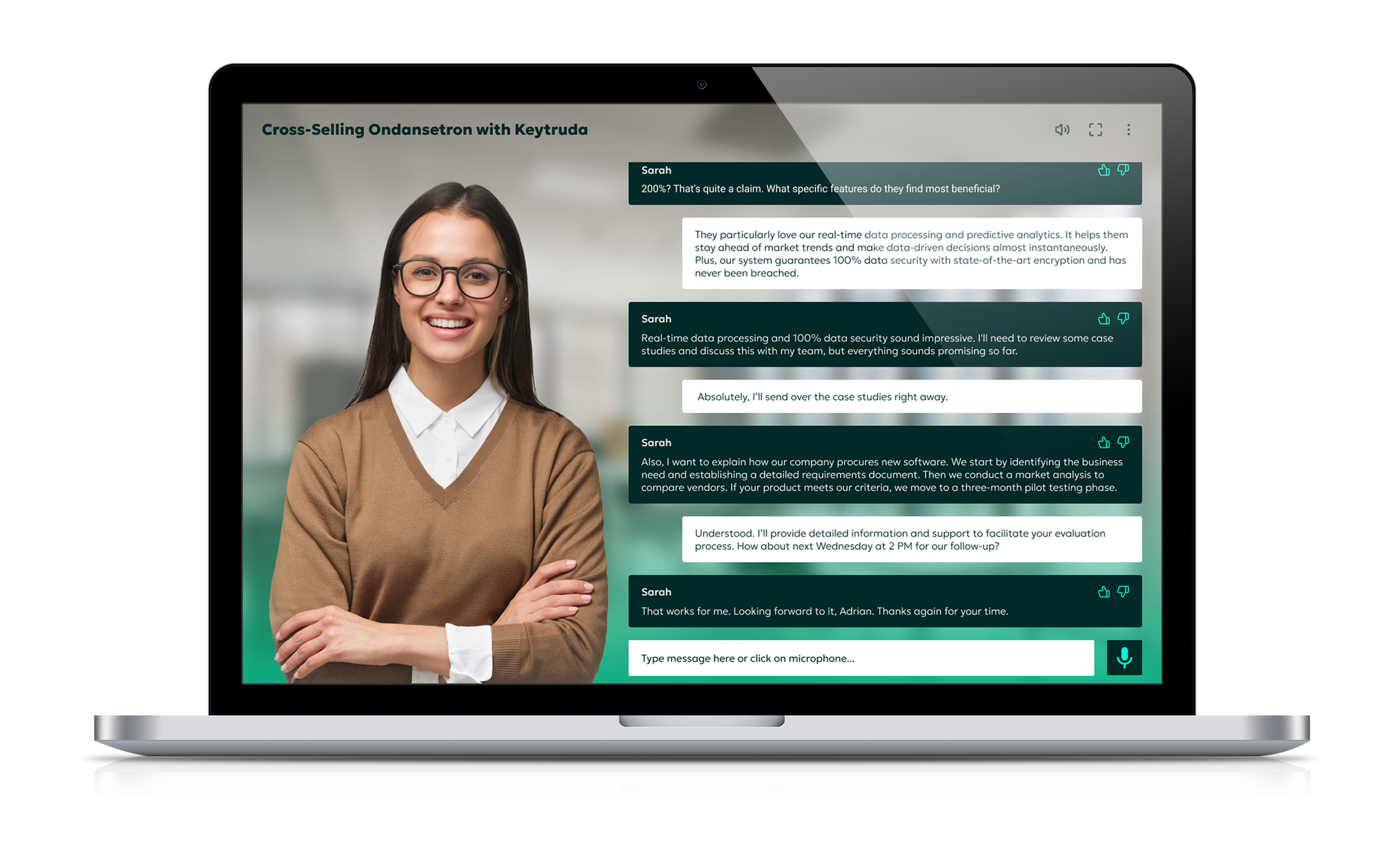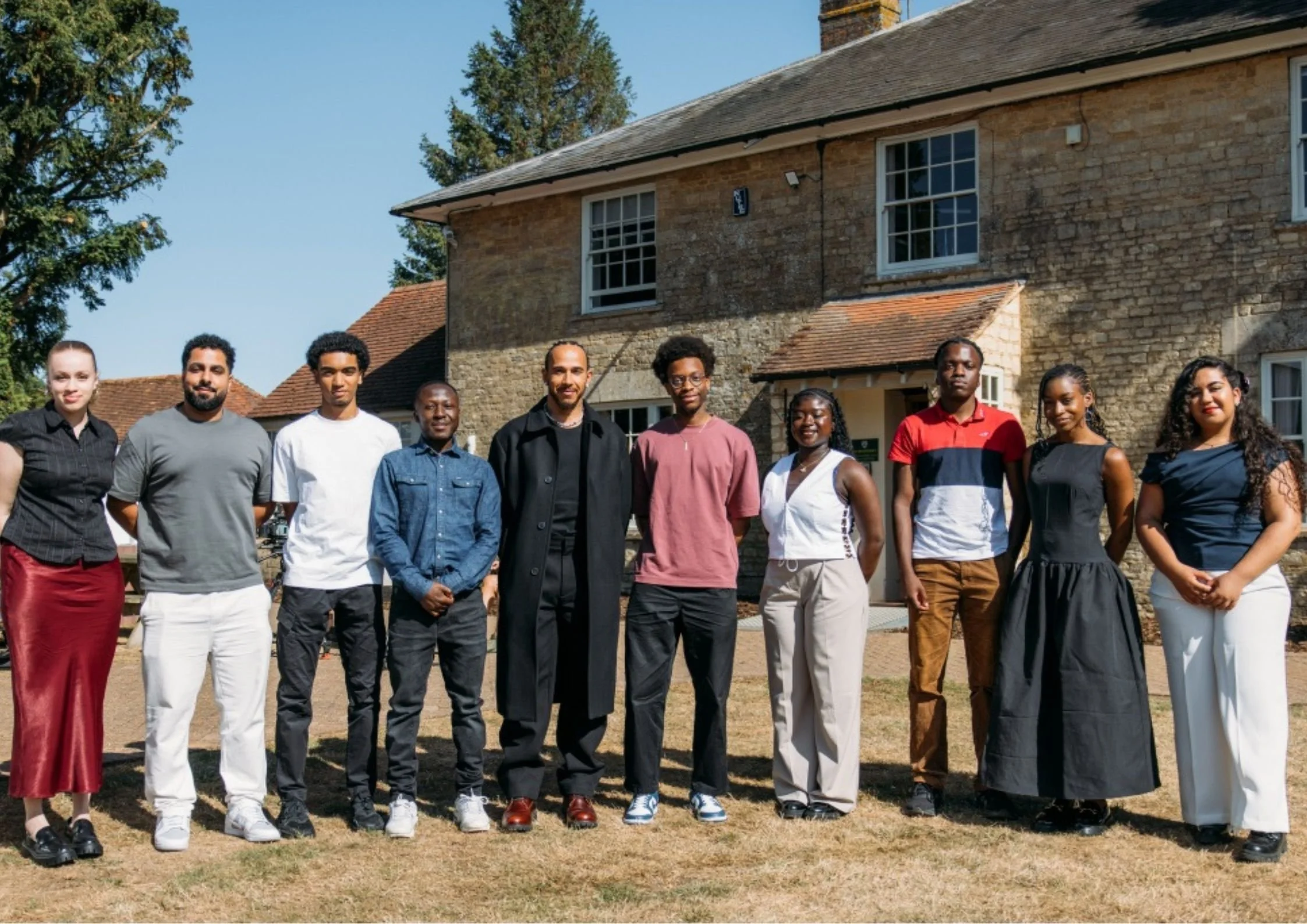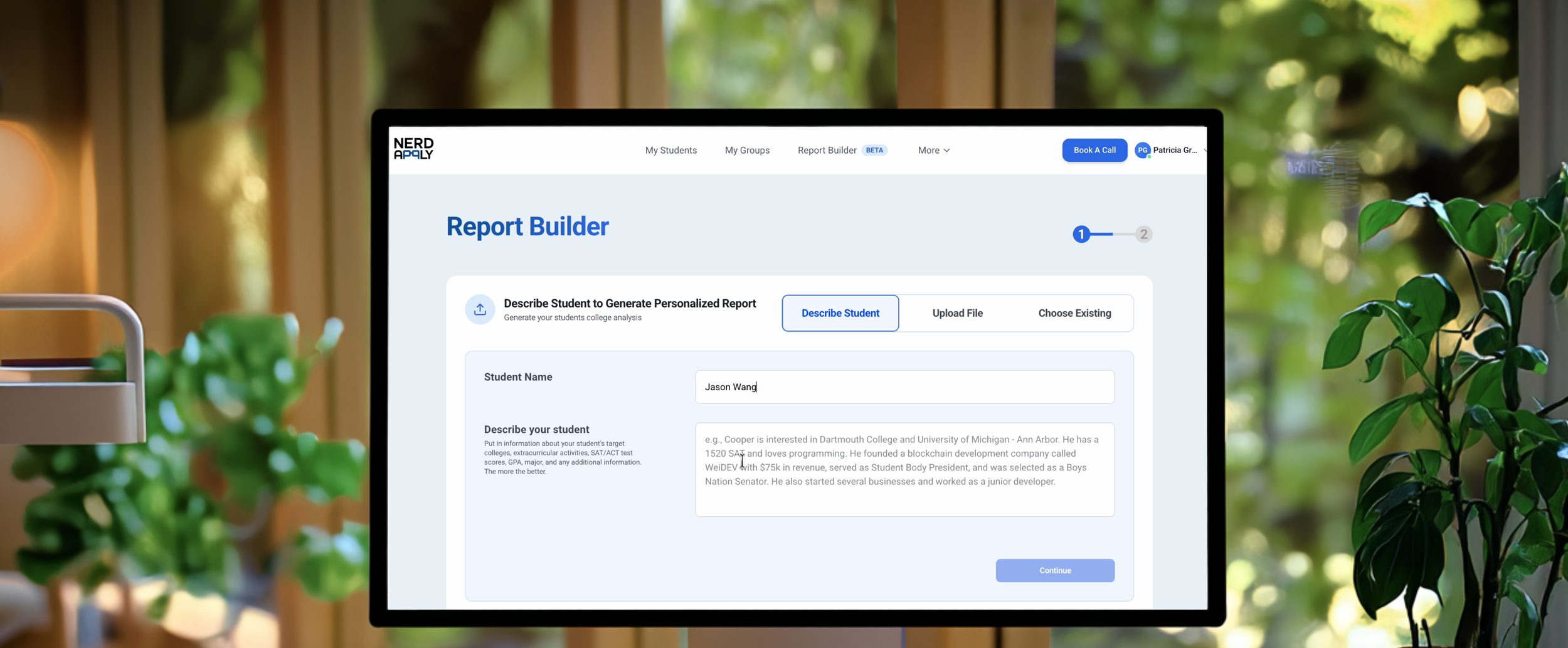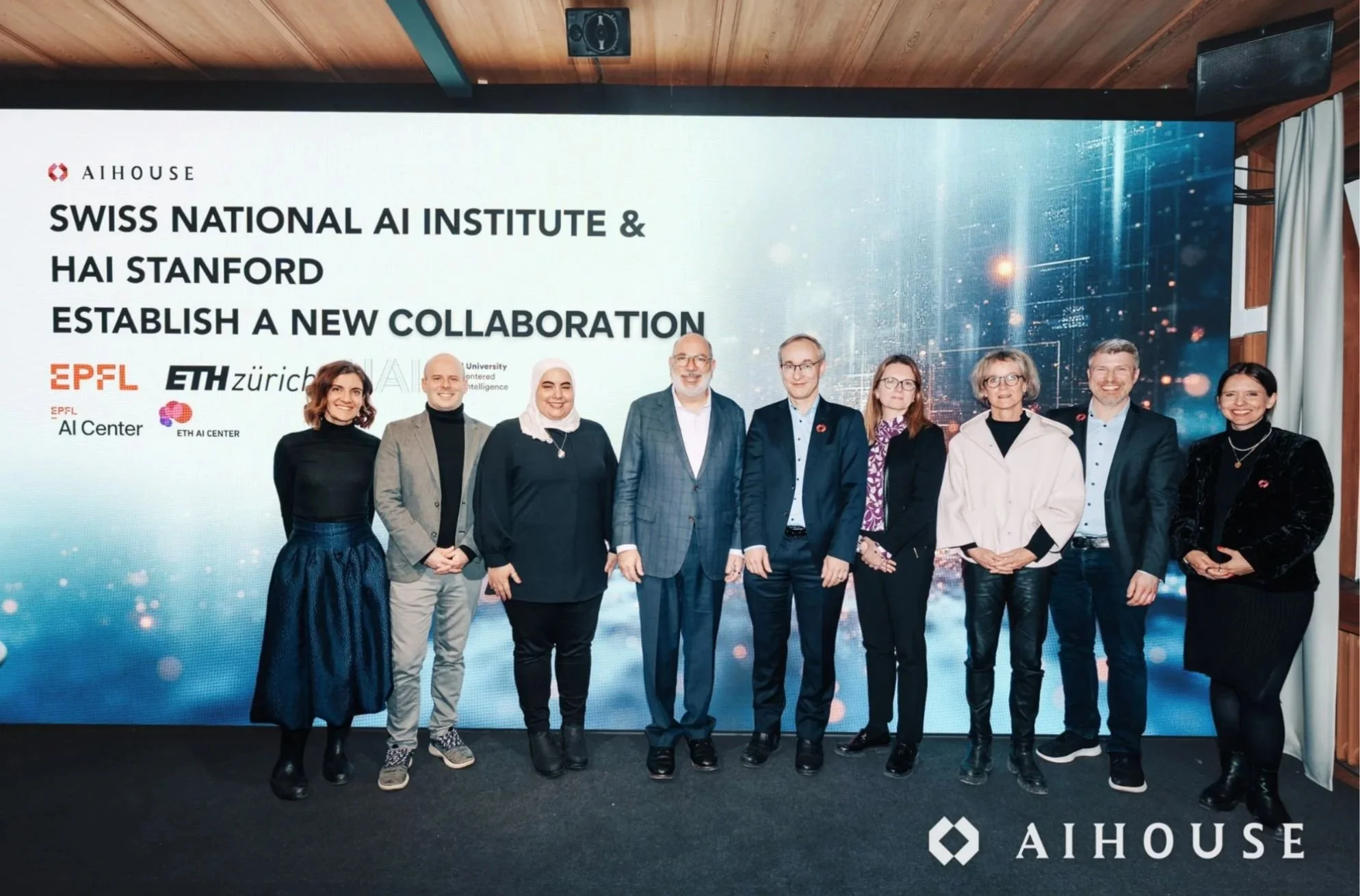ETIH New School Year Series: Most-read AI stories, from ChatGPT brain impact to $500B tech pledges
As part of our New School Year Series, we’re rounding up the most-read EdTech AI stories from the past 12 months—from policy shifts and funding to classroom innovation and platform launches.
To mark the start of a new school year across much of the world, ETIH is launching a special round-up series spotlighting the defining EdTech stories of the last 12 months.
First up: artificial intelligence. From ChatGPT’s impact on the brain to global curriculum mandates, autonomous cyberattacks, and VR-powered teacherless classrooms, these ten stories reflect just how far AI has moved from pilot to infrastructure.
10. Uplift Aerospace builds new AI and VR learning division for STEM and trades
In at number ten, Uplift Aerospace expanded its Starborn Academy with a new division focused on immersive learning for schools and workforce training. Using AI and VR, the team is developing scalable programs for STEM education and trades certification. Pilot data from Utah and Colorado showed increased interest in STEM careers and computer science across student cohorts.
9. UK university demand for AI courses surges 453 percent
Taking the ninth spot, a Currys study showed AI course enrollments in UK universities have grown 453 percent since 2017/18, with 84 institutions now offering programs. Women’s participation is rising, and the most in-demand fields include machine learning, business computing, and software engineering. The shift is seen as a response to evolving job markets and automation risks.
8. Historic Mentor launches with AI-powered conversations with key figures from history
At number eight, Historic Mentor launched a new platform offering users personalized, AI-powered conversations with historical figures including Socrates, Confucius, and Leonardo da Vinci. Marketed as more than a chatbot, the platform tracks user history and generates tailored mentorship sessions.
7. AI-driven teacherless classrooms launch in London
In the seventh spot is David Game College’s launch of the UK’s first AI-powered teacherless classrooms. The Sabrewing program replaces traditional instruction with adaptive platforms and learning coaches, raising questions about support, pedagogy, and long-term outcomes. While some educators welcome the model, others warn that no algorithm can replicate a qualified teacher.
6. Apple commits $500 billion to workforce, AI, and U.S. education programs
And in at number six, Apple announced a $500 billion U.S. investment over four years, including AI-powered infrastructure, a new Manufacturing Academy, and expanded support for STEM education. The plan includes new servers for Apple Intelligence, chip design training programs, and youth partnerships through FIRST and 4-H.
5. ChatGPT boosts student outcomes but struggles with complex thinking, says global study
Kicking off the top five, a meta-analysis from Hangzhou Normal University reviewed 51 studies and found that ChatGPT improves student performance, especially in STEM and skill-based courses. However, its impact on higher-order thinking was more limited. The study recommends structured use over time, noting that over-reliance may weaken learning outcomes.
4. Carnegie Mellon researchers show LLMs can autonomously carry out cyberattacks
In at number four, researchers at Carnegie Mellon and Anthropic demonstrated that large language models could autonomously plan and execute complex cyberattacks. The team recreated the Equifax breach in a controlled setting, raising major concerns about AI misuse. They also note defensive applications, where AI could be used to simulate and test security systems.
3. Survey finds 64 percent of US teens aren’t taught about AI in schools
Taking the number three spot, a Junior Achievement and Big Village survey revealed that nearly two-thirds of American teenagers say they are not taught about AI or encouraged to use it at school. Despite this, 42 percent are already using AI tools for assignments. The findings suggest a major disconnect between student behavior and current curriculum coverage.
2. AI becomes mandatory in US schools under new federal education policy
Just missing the top spot, the US government issued an executive order mandating AI education across all elementary and secondary schools. The move came just days after China’s announcement of AI classes for children as young as six. IBM’s Andreas Horn called the move “controversial but needed,” stressing that AI is now a foundational literacy, not a niche skill.
→ Read the AI curriculum policy story
1. MIT study shows ChatGPT weakens memory and creativity when used from the start
And in at number one, an MIT-led study found that students who begin writing tasks with ChatGPT support show significantly reduced brain connectivity and memory formation. The research used EEG tracking to measure neural activity and warned against early-stage overreliance. Students who drafted first and revised with AI performed best, reinforcing calls for hybrid learning design.
The ETIH Innovation Awards 2026
The EdTech Innovation Hub Awards celebrate excellence in global education technology, with a particular focus on workforce development, AI integration, and innovative learning solutions across all stages of education.
Now open for entries, the ETIH Innovation Awards 2026 recognize the companies, platforms, and individuals driving transformation in the sector, from AI-driven assessment tools and personalized learning systems, to upskilling solutions and digital platforms that connect learners with real-world outcomes.
Submissions are open to organizations across the UK, the Americas, and internationally. Entries should highlight measurable impact, whether in K–12 classrooms, higher education institutions, or lifelong learning settings.
Winners will be announced on 14 January 2026 as part of an online showcase featuring expert commentary on emerging trends and standout innovation. All winners and finalists will also be featured in our first print magazine, to be distributed at BETT 2026.

